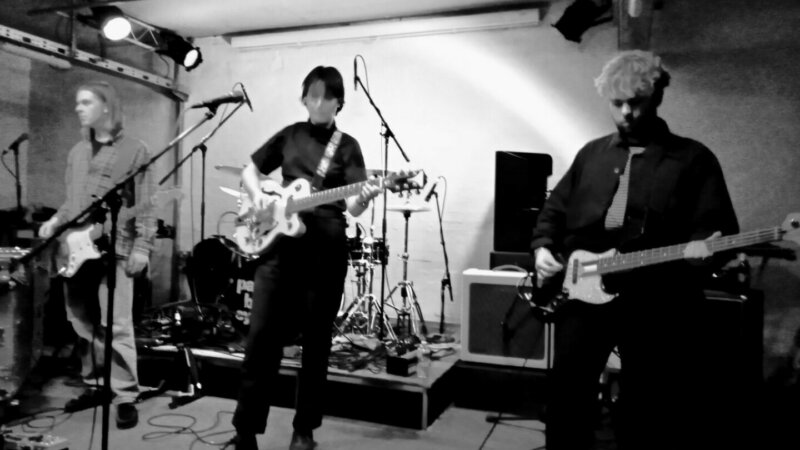Nostalgia For The Crackle
After reluctantly passing on his 80s Technics SL-B210 turntable, my dad frowned, disgruntled as I removed a brand new Floating Points album from its sleeve and set it spinning. “But it doesn’t sound right – there’s no crackle!” Used to his satisfyingly worn selection of old LPs, a 2016 production was a little too smooth for his liking.
My education in music came around five years into a huge worldwide record resurgence. In the US, vinyl sales went up 260% between 2009 and 2014, leaving many ex-record owners disappointed they’d flogged their collections at car boot sales a few years prior. How can we explain why records have resurfaced?
The distinguished lightbulb inventor Thomas Edison was responsible for the creation of the phonograph, the earliest version of a record player. The phonograph used cylinders to record and produce sound. Moving forward about a hundred years, most modern records, developed around the mid-twentieth century, worked by detecting vibrations in the grooves. If you listen carefully you can hear the sound of the record without amplification. The invention of the flimsy cassette in the 60s was little competition for the record, which had developed into a much sturdier medium. Records only left the mainstream in the late 80s with the advent of the 'Compact Disc'.
Now we’re firmly established in the age of the digital download, where tracks can be bought and played at the click of a button, what has given audiophiles their renewed penchant for records? Records might be large, awkward and fragile, but in many ways this renders them extra special. Their fineness is what makes them so precious. On receiving the gift of a record the sleeve gives us the opportunity to open something. To gently fish a record from its artfully designed sleeve produces immense satisfaction. A record is not just a musical offering, but also a gift of art, something you can display with pride.
In the digital world we flit between tracks – from Radiohead to Rachmaninoff, a mashup at our fingertips – but it’s bad news for the album. Records are much more restrictive than ultra flexible digital downloads, but they force us to consider the detail and craftsmanship of the LP as a medium.
Records allow us to spend time deliberating over what to purchase, wondering what it might sound like, placing the record on the player and listening intently to what has been produced. Is our rehabilitated love just an age-old exercise in nostalgia, a step into the past and a hazy reflection of the ‘good old days’? CDs are also regaining popularity, but not as significantly, perhaps because they’re not quite old enough.
What nostalgia doesn’t explain is why young people make up a large portion of those contributing to soaring record sales. I’m too young to remember even the last days of the first record age and yet I’m still enamoured by the amplification of musical delights from the delicate touch of a needle in a groove.
A continued surge in sales seems to indicate that records won’t be losing popularity any time soon. Their history, physicality, artwork and nostalgia all continue to contribute to our adoration for the record.
SOUNDWAVES
At Now Then towers, we’ve been keeping our ears to the ground and we’ve picked up a few tantalising rumours about what acts Tramlines may have in store for Sheffield this year...
The first is a Caribbean collective who’ve influenced everyone from The Stranglers to The Specials in their five-and-a-half decades at the top of the game.
Head down to the Ponderosa and, as is Tramlines tradition, you might find one of the greatest golden age hip-hop groups at the far side of the field, bringing the heat from LA to S1.
Another global act weds the thumping dancefloor dynamics of our own club culture with snaking desert keyboards and mysterious mantras. He’s a dab hand at getting any party started.
Last but not least, whatever line-up you’re dreaming of you will know the hits of this well-loved Mersey guitar group, with their arsenal of summer anthems and hands-in-the-air singalongs. )





